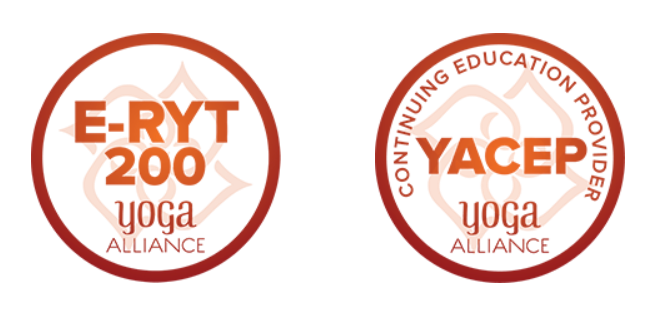
Course Description
The topic of Indian Buddhist philosophy is vast and profound, however, the journey can be greatly aided by a good map.
This course will provide that map, charting the territory from the Buddha's first discourses through the development of distinctive schools of Buddhist philosophy: Abhidharma ("Higher Dharma"), Madhyamaka ("Middle Way"), Yogācāra/Cittamātra ("Yogic Practice/Mind Only") Tathāgatagarbha ("Buddha Nature"), Pure Land, and Esoteric Buddhism (Vajrayāna). Each school has its own approach to the practical question: how can one bring an end to suffering? These approaches were informed by the teachings attributed to the historical Buddha as well as by new insights and cultural developments, and the perception that fellow Buddhists had lost sight of the "Middle Way."
In exploring the central philosophical theories of Indian Buddhist philosophy, including: the nature of self and phenomena (dharmas), emptiness, theory of mind, non-duality, epistemology (theory of knowledge), Buddha Nature, devotion, and Tantric alchemy, our central focus will be Buddhist views on the nature of the delusion that perpetuates suffering.
Our map will be informed by modern historical insights into the development of Buddhist schools and ideas as well as traditional categorizations of these schools (called "doxographies"). Although our focus is Indian Buddhism, which ceased to have a significant presence in the subcontinent by the 12th-13th centuries, we will draw connections to how these Indian Buddhist philosophical movements influenced the development of East Asian and Tibetan Buddhism and can be felt in Buddhist traditions around the world today. Our approach will be "academic" but we will consider the logic of various Buddhist philosophical perspectives from "inside" a commitment to the authority of Buddhist tradition as well as from "outside" of it and in comparison to other religious and philosophical traditions.

Course Modules
Module 1 — Mainstream Indian Buddhist Philosophy
Module 2 — The Mahāyāna Movement and Two Approaches to Emptiness (Madhyamaka and Yogācāra)
Module 3 — Further Developments in Madhyamaka and Yogācāra
Module 4 — Buddha Nature (Tathāgatagarbha), Pure Land, & Esoteric Buddhism
Students Will Receive:
- 4 Video + Audio lectures (90 min)
- 4 Prerecorded Q&A sessions (90 min)
- 4 BS Credits
- 12 Hours of CE credit with YA
- Course Syllabus (PDF)
- Weekly Readings (PDF)
- 4 Multiple Choice Quizzes
- Yogic Studies Certificate (PDF)
- Access to Yogic Studies Community
Dr. Karin Meyers
Academic Director, Mangalam Research Center
Karin received a PhD with distinction from The University of Chicago Divinity School in 2010, and is currently Academic Director at Mangalam Research Center in Berkeley, CA. She has taught Buddhist Studies at several colleges and universities in the US and abroad, including Kathmandu University and Rangjung Yeshe Institute’s Centre for Buddhist Studies in Nepal, where she directed the Masters program in Buddhist Studies until returning to the US in 2017. Karin’s scholarly work focuses on bringing Buddhist perspectives to bear on cross-cultural and interdisciplinary inquiry into fundamental metaphysical, epistemological, and ethical questions. Karin has practiced Buddhism in Tibetan and Theravāda traditions and took a year in 2019 to serve as Retreat Support Fellow at the Insight Meditation Society in Barre, MA. Before attending graduate school she worked at the Buddhist Peace Fellowship in the Bay Area and has recently returned to these socially engaged roots, promoting Buddhist activism in regard to the accelerating climate and ecological crisis.
As Academic Director at Mangalam Research Center, Karin teaches Buddhist Studies and language courses in Mangalam’s residential and public programs; host public talks, conversations, and conferences with scholars of Buddhist studies and related fields. Her mission is to help make scholarly research and classical Buddhist traditions accessible to Dharma practitioners, and to draw on these resources to support and inspire socially and ecologically engaged Buddhist thought and practice. Karin is also host of Buddhist Currents, conversations on current social, political, and ecological issues in light of Buddhist thought, history and practice.

This course is eligible for 12 hours of Continued Education (CE) credits with Yoga Alliance

Stay Informed
Sign up for the Yogic Studies mailing list to find out first about upcoming courses, podcast episodes, promotions, events, and the latest research delivered straight to your inbox.

